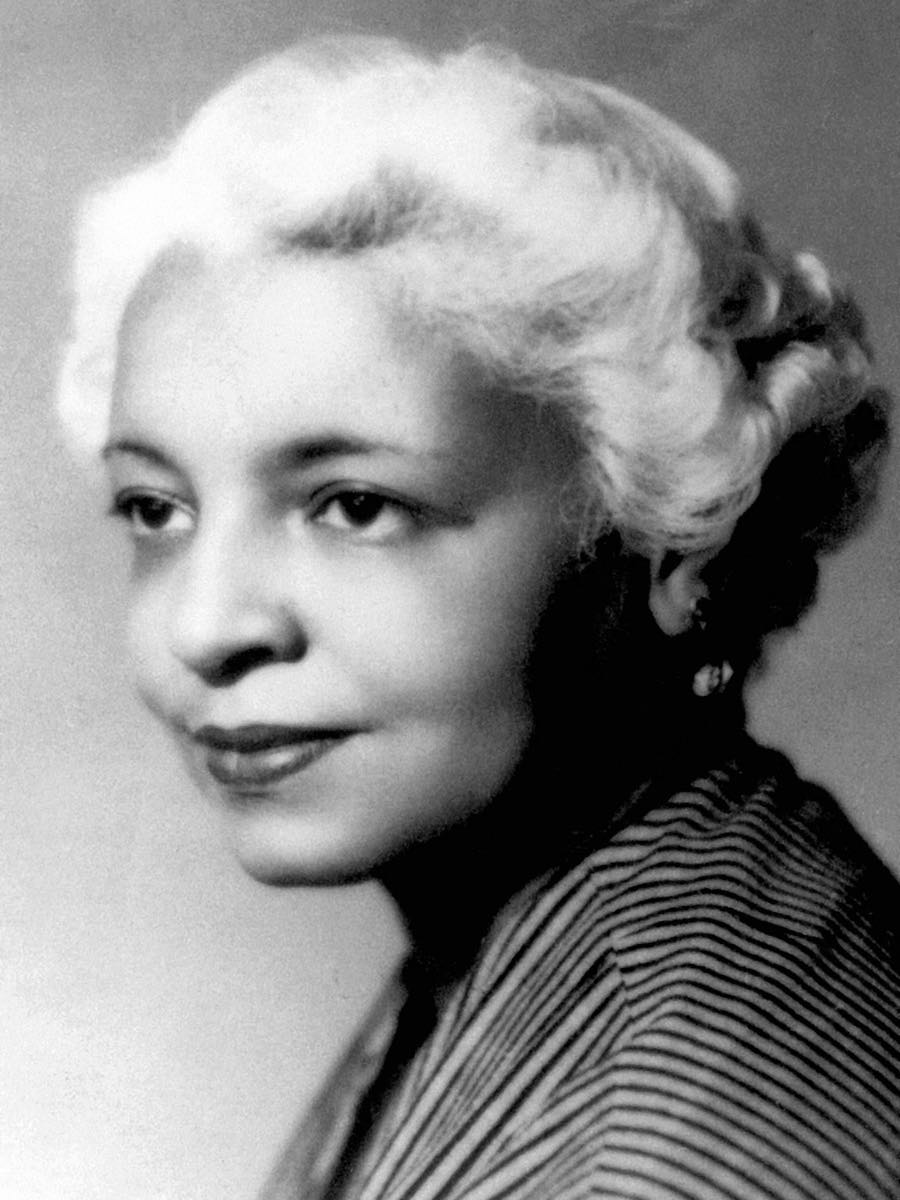The life and legacy of Dr. Helen Elsie Austin stand as a testament to the transformative power of faith, intellect, and unwavering dedication to justice. A Bahá’í pioneer, her contributions transcend mere chronology, embodying the spirit of human advancement and service. With a vantage point steeped in prophetic wisdom and social vibrancy, Austin’s journey traverses a landscape rich in challenges and triumphs, shining a radiant light on the Bahá’í teachings.
Genesis of a Pioneer
Dr. Austin was born at the intersection of cultural opulence and restrictive societal norms. Her upbringing within a framework that often marginalized women laid the groundwork for her determined quest for equity. As she blossomed intellectually, Austin became acutely aware of the injustices that pervaded both her immediate community and the broader world. This awareness catalyzed her journey into law and advocacy, making her a beacon of hope for future generations of Bahá’í youth.
The Legal Luminary
Stepping into the realm of law during a time when female attorneys were a rarity was no small feat. Dr. Austin transformed the courtroom into a platform for revolutionary thought and action. Her legal career personified the Bahá’í teaching that “the best way to serve humanity is to seek justice.” Through rigorous legal practice, she championed cases that defended the disenfranchised, intertwining her faith with the principles of equity and righteousness.
Moreover, her pioneering presence within the legal community galvanized women to pursue their aspirations boldly. She illustrated that the barriers of gender could be dismantled through fervent resolve and intellectual rigor. In many ways, Dr. Austin was not merely a participant; rather, she was a trailblazer who carved a path for others to follow. Her life embodies the Bahá’í principle that “men and women are equal” in all spheres of human endeavor—a powerful metaphor for the possibilities that lie ahead when obstacles are surmounted.
The Global Visionary
Dr. Austin’s intellectual pursuits transcended national boundaries. As she engaged with diverse cultures, her understanding of the interconnectedness of humanity deepened. This cosmopolitan outlook propelled her into international arenas where she advocated for the rights of marginalized groups. She imbued her work with the Bahá’í tenet of unity in diversity—a principle that invites each culture, faith, and tradition to contribute to the collective human experience.
In her dialogues with global leaders, Dr. Austin espoused the importance of moral leadership and collective responsibility. She eloquently articulated that true advancement is predicated on recognizing our shared humanity. Just as the myriad colors of a tapestry coalesce to create beauty, so too do differing perspectives enrich the fabric of society. Dr. Austin was a relentless proponent of this ethos, reminding us that the strength of humanity lies in embracing all of its hues.
Advocate for Education and Women’s Rights
Fundamental to Dr. Austin’s legacy is her unwavering advocacy for education and women’s rights. She recognized education as a vehicle for liberation—a means by which individuals could extract themselves from the quagmire of ignorance. Coupled with her belief in the equality of the sexes, she spearheaded initiatives that sought to elevate the status of women through knowledge and empowerment. Her efforts resonate with the Bahá’í concept that “women and men should work together in all fields of endeavor.”
Dr. Austin perceived education not merely as the acquisition of knowledge but as a transformative process that fosters critical thinking and ethical behavior. She inspired countless women to reclaim their narratives and partake in shaping societal progress. This commitment to education underscores a core Bahá’í belief: that the future of civilization rests upon the empowerment of all its constituent parts, particularly women who hold the potential to influence generations.
A Legacy of Compassion and Service
The virtues of compassion and service were hallmarks of Dr. Austin’s character. She demonstrated that true leadership is not an exercise in authority but rather an embodiment of servitude. Her numerous community engagements exemplified the notion that service is the highest form of worship—a core Bahá’í teaching that urges individuals to transcend self-interest and act in the betterment of society.
In her interactions with individuals from diverse backgrounds, Dr. Austin fostered an atmosphere of respect and dignity. Her empathetic nature allowed her to listen deeply, bridging divides with understanding and kindness. This ethos of compassion permeated her professional and personal relationships. In every engagement, she echoed the Bahá’í maxim that love and unity must be at the forefront of our endeavors.
Conclusion: A Luminary for Future Generations
Dr. Helen Elsie Austin’s life narrative stands as a rich tapestry of advocacy, intellect, and compassion. Her trailblazing journey illustrates the profound impact of the Bahá’í teachings in shaping a more just and equitable society. By navigating the complexities of her time with courage and perseverance, she has left an indelible mark on the annals of history. To remember Dr. Austin is to honor the principles she embodied, an invitation for future generations to continue the work of building a world united in diversity—each thread interwoven to enhance the collective human experience.
